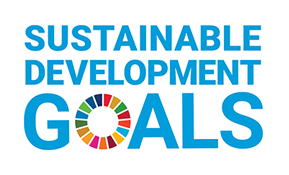At a GlanceReport 11—Health Resources for Indigenous Communities—Indigenous Services Canada
Why we did this audit
- This audit is important because without access to Personal Protective Equipment (PPE) and medical support during a pandemic, Indigenous communities, which are often already at risk of higher rates of illness, may be more susceptible to COVID‑19. The increased risk is related to a number of factors, such as high rates of chronic disease and pre-existing health conditions, inadequate housing and overcrowding, limited access to health care services, and limited access to safe drinking water.
Our findings
- Indigenous Services Canada adapted its response for personal protective equipment needs during the pandemic.
- We found that the department provided PPE to Indigenous communities and organizations in a timely manner. This is significant given the challenge of shipping items to communities that are often remote or isolated.
- Despite expanding access to contract nurses and paramedics, over half of requests for additional health care staff to respond to COVID‑19 needs were not met.
- We found that during the pandemic, the department did not have complete and accurate data on the contents of its PPE stockpile.
Key facts and figures
- From March 2020 to January 2021, Indigenous Services Canada responded to 1,622 requests for PPE, and as of December 2020, it had provided 3,045,697 items of PPE to 454 communities and organizations.
- From March 2020 to the end of November 2020, 82% of requests were processed within an average of just over one and a half business days.
Highlights of our recommendations
- Indigenous Services Canada should review the management of its personal protective equipment stockpile to ensure that it has accurate records and the right amount of stock to respond to the current pandemic and future public health emergencies faced by Indigenous communities and organizations.
- Indigenous Services Canada should work with the 51 remote or isolated First Nations communities to consider other approaches to address the ongoing shortage of nurses in these communities and to review the nursing and paramedic support provided to all Indigenous communities to identify best practices.


The topic of this audit aligns with the goal of health and well-being (Goal 3), which is to “ensure healthy lives and promote well-being for all at all ages.” In particular, this goal has a target for achieving “universal health coverage, including financial risk protection, access to quality essential health care services, and access to safe, effective, quality, and affordable essential medicines and vaccines for all.”
Visit our Sustainable Development page to learn more about sustainable development and the Office of the Auditor General of CanadaOAG.
Related information
| Entities | |
|---|---|
| Completion date | 23 April 2021 |
| Tabling date | 26 May 2021 |
| Related audits |
|